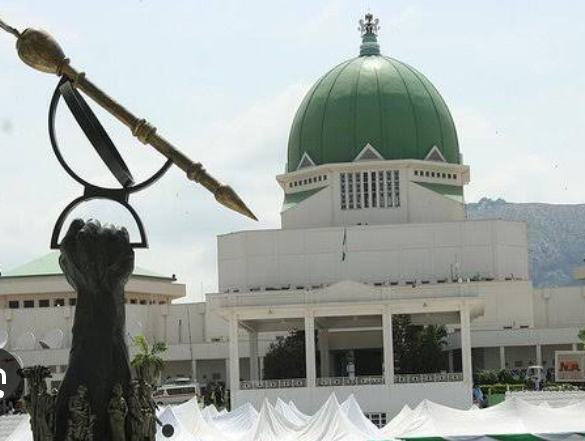By Kayode Sanni-Arewa
BudgIT, a leading civic-tech organisation promoting transparency, accountability, and effective service delivery in Nigeria, has decried the proposed elongation of the implementation period for the 2023 Approved Budget and 2023 Supplementary Budget from the proposed termination date of December 31, 2023, to December 31, 2024.
The organisation described the proposed running of all the budgets simultaneously as an anomaly with no precedence. It would be recalled that the 2023 Approved Budget of N21.83 trillion, signed into law by President Muhammadu Buhari in January 2023, was designed to run for 12 calendar months from January to December, as is the practice globally. In addition, while the 2024 Appropriation Bill was being drafted, the 2023 Supplementary Budget of N2.17 trillion was passed by the National Assembly and assented to by President Bola Ahmed Tinubu barely two months before the end of the 2023 fiscal year.
For a brief period, Nigeria returned to the January – December budget calendar in 2019 but retrogressed from the 2020 fiscal year. From 2020 to date, the Federal Government has routinely extended the implementation period for the capital budgets beyond 12 calendar months—a practice that negates the principle of annuality of public budgets. The National Assembly had initially extended the implementation of the 2023 Approved Budget and 2023 Supplementary Budget to June 30, 2024, and now to December 31, 2024. If allowed to be implemented, the practice would convert Nigeria’s annual budget into a biennial one, a practice neither provided for by the 1999 Constitution nor the Fiscal Responsibility Act of 2007.
More worrisome is the fact that the Federal Government is currently drafting another 2024 Supplementary budget, which it intends to implement alongside the 2023 Approved Budget, 2023 Supplementary Budget and 2024 Approved Budget, thereby resulting in the simultaneous implementation of four budgets—an anomaly with no precedence. Standard practice should be that projects not catered to within a fiscal year are rolled over to the budget of a new fiscal year.
“The concurrent implementation of four budgets will lead to severe budget credibility issues, as revenues projected in 2024 alone would most likely be used in implementing four different budgets, negatively impacting service delivery in critical social sectors and the provision of essential public infrastructure”, said Gabriel Okeowo, BudgIT’s Country Director.
BudgIT identified many frivolous items in the 2023 Approved Budget and 2023 Supplementary Budget that will compete with essential projects in the 2024 Budget for the meagre resources available to the Federal Government.
Okeowo has therefore called on the Federal Government and the National Assembly to amend the complications of this convulated budgeting system and return to a disciplined January to December Budget Calendar.
“We also urge the Federal Government to identify and implement only the projects and programmes that align with Nigeria’s overarching development goals, reduce inequality, and improve the lives of citizens, the bulk of whom are multi dimensionally poor,” he said.

